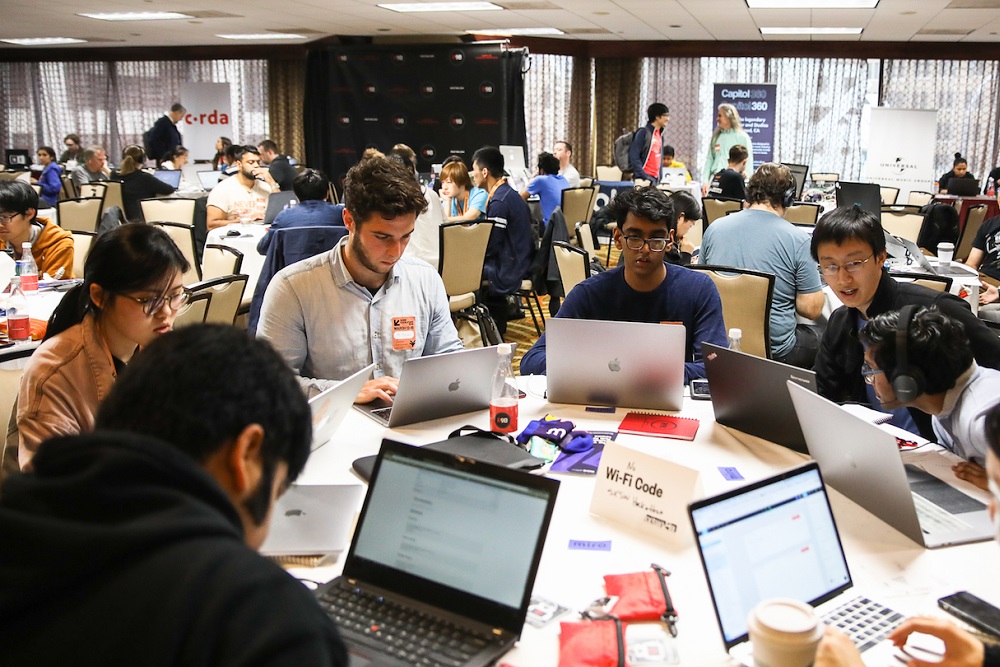Voice technology in education is taking over the academic sphere for both developers and learners. Marissa, from Alexa Education sheds more light on how the phenomenon is revolutionizing experiences in the education sector.
Marissa has gathered massive passion for voice technology in education during her early days when she was producing CD-ROM educational content for ‘edutainment’.
Her interest grew as she migrated to Microsoft where she worked on several projects that impacted the education industry such as Xbox and Encarta.
Alexa foundation’s voice technology in education solutions
Now, during her tenure in Amazon’s Alexa Education, Marissa explains how her team is developing a solid connection between institutions and their stakeholders by providing efficient ways in which learners access educational content powered by technology.
Edu Surge interrogated Marissa on why rapid development in the uptake of voice devices with examples of Amazon Echo.
Marissa demystified the concept citing convenience that Alexa provides, she acknowledges that voice technology in education enables ease for music and smart homes and more so larger accessibility for people with disabilities. Marissa points out that in a world that is gearing to more connection, voice technology removes complexity and friction providing convenience in life.
Features of successful voice technology in education applications
She explains the uptake of voice technology in education provided by Alexa in institutions of higher learning with an example of Skill API.
Skill API is a platform that allows tech developers in education such as student information systems to creatively build the voice-enabled user experience.
With a range of solutions like Canvas, Parent Square, and Kickboard, students and their parents can access data on schoolwork why simply asking Alexa, “Alexa, what did Cate learn in school today?” Or Alexa what are my assignments today?”
Marissa says that they have been working closely with colleges and EdTech keen on the improvement of Alexa. This comes from experiences from the mobile phone industry which inspires them to keep Alexa ahead of the curve. They believe that voice will be the next big platform for enhancing user experience.
Stakeholders in education find Alexa as a tool to deepen engagement in institutions to enable users to find content and helpful products.
Smart campus environments are the new creative phase for students to access all their content in one umbrella regardless of where they are at a particular moment in time.
Marissa remarks that voice being the most natural method of the interface, it aids learners in comprehension and mastery of learning concepts. Therefore learners agree that voice technology in education plays a role through scaling up the process of learning.
In 2019, tech developers realized success in user-related cases in education and productivity. Most successful EdTech apps solve users’ problems by providing new solutions to customers, they are more engaging and ease of use while prioritizing interaction with voice and they keep customers abreast of new fresh solutions.
Companies seeking to offer solutions through voice would be interested in Amazon Alexa developer console where there are many webinars and tutorials on how to create voice-enabled solutions for customer experience.
Featured image credits: Pixabay







